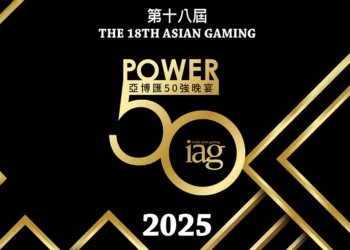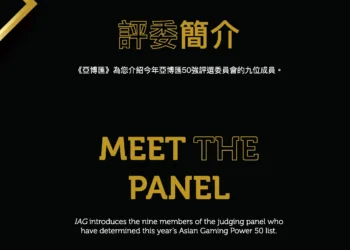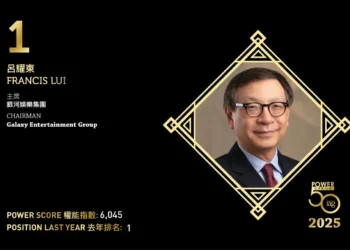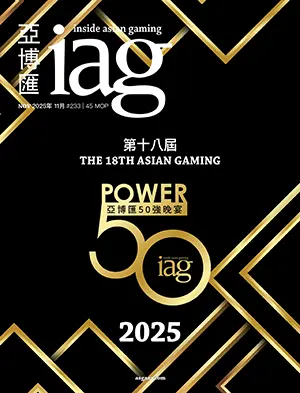Internet search engines are like the line outside of a chic club. Every Website is jumping up and down, waiting to be picked. If your site is not at the front, it is hard to get past the velvet ropes. Search engine optimization is your VIP pass to the front of the line.
Search engine optimisation (SEO) ensures that your Web site is ranked higher than your competitors’ on search engines like Google. However, SEO is not a onetime on-page task that can be set on cruise control. Results and conversions are directly related to a solid SEO strategy, continuous on-page optimization and a proactive linkbuilding plan.
Successful SEO planning starts with keyword research. It’s critical that your properties rank for the keywords that relate to their business and reflect important market differentiators. You know your property strengths and guest profiles, so put them to good use. For example, if your spa does well with the vacationing baby boomer, use that niche strategy in your SEO plan. In addition to keywords like “casino,” you could be targeting “spas, best spas in (town name), best massage,” etc.
To make certain you’re targeting the right keywords, track conversion rates of keyword groups. If certain categories—around luxury rooms or family activities, for example— convert at a higher rate than others, you can reallocate budget to support these groups. The key here is to customize your SEO plan to your property and clientele. Do not spend budget on top-tier keyword groups if they are not what your guests are searching for.
Incorporate long-tail keywords in your strategy to capture the users that have a firmer idea of the amenities and services they want. Consider the purchase intent of a user searching for “Family hotel in Las Vegas” versus one querying “Las Vegas night life”. In contrast, competing for high-traffic keywords like “Reno hotel” or “Vegas vacation” requires a sizeable investment and achieving top rankings is extremely difficult. More important, these keywords will not convert as well as their niche counterparts. Emphasizing the unique attributes of your property will help differentiate you from the competition and reserve budget for revenue-generating keywords. If your property features a swim-up bar or a wide variety of meeting spaces, target these phrases in your SEO strategy.
Restaurants, clubs and shows are prime examples of attractions that should be targeted with unbranded and branded keywords. Instead of using a header tag with the exact name of a restaurant, use verbiage like “Hotel ABC—Asian Fusion restaurant on the Las Vegas Strip”. Doing so will attract users who don’t know you by name but who will love your restaurant. If your property features several restaurants, shows, games or spas, dedicate a page that describes these amenities groups. This will help you target the descriptive keywords your guests use so they can find and navigate through your Web site.
Paid search engine marketing is an effective way to test keyword groups to see if they resonate with your intended audiences. If paid search keywords convert, it’s highly likely that they will convert in a search engine optimisation strategy as well. Revamping Web site content or restructuring Web pages to incorporate new keywords can be costly and time-consuming, so quantitative data gained through a paid search will help guide these projects.
Inbound links are weighed heavily by search engine algorithms. Marketers should strive for acquiring premium links over pushbutton links that appear in sidebars, toolbars and footers. Premium links are those that relate to your site’s content and are hosted on reputable sites. Gaining a link on a popular blog about gambling conventions that links to an event page is an example of a premium link. These links show search engines that your site is reputable and relevant. When considering your site against a competitor’s (that has fewer premium links), a search engine would rank your site higher.
Guests and visitors are always talking about their future trips and plans. During their stays they take pictures and videos of their adventures. After a trip, they post recommendations, add comments and talk about their trip to friends and family. Each of these stages presents an opportunity for marketers to use passive link-building strategies to generate inbound links and build brand awareness. Creating forums and embeddable widgets to facilitate this interaction will help marketers expand their reach and boost search engine rankings.
Social media applications are endless. Research is proving that users who interact with brands via social media use lowerfunnel keywords and terms. An example is a user who reads a blog about an upcoming concert at your hotel casino and queries “Concert at XX Hotel”. This user can be directed to an inner page where they can buy tickets and sign up for an eventsoriented newsletter. This helps marketers to connect with users on a personal level and shortens the time between a search query and conversion. You can also maximize your SEO budget with these more exact phrases that have less competition.
By Andreas Roell. Reprinted with permission from Casino Journal.
Andreas Roell is president and CEO of Geary Interactive, a full-service digital marketing firm founded in 2000. With offices in Las Vegas, San Diego and New York, Roell has built a successful online company specializing in Web development, media buying/planning, search engine and e-mail marketing. He can be reached at (619) 239-5953 or via e-mail at e-mail at andreas.roell@gearyi.com






























